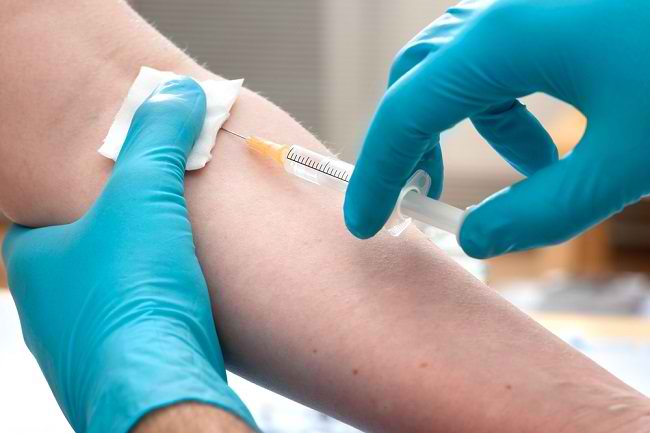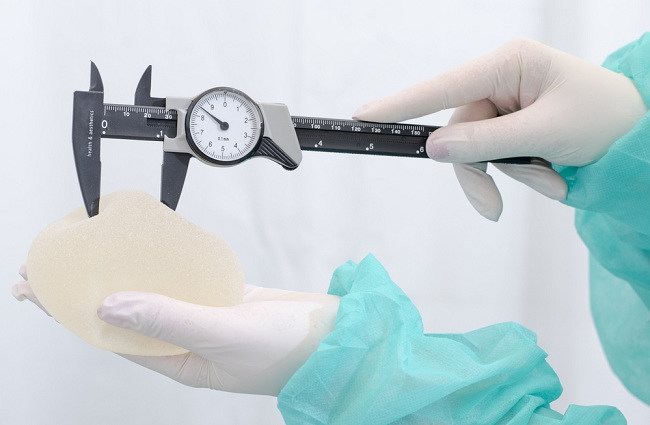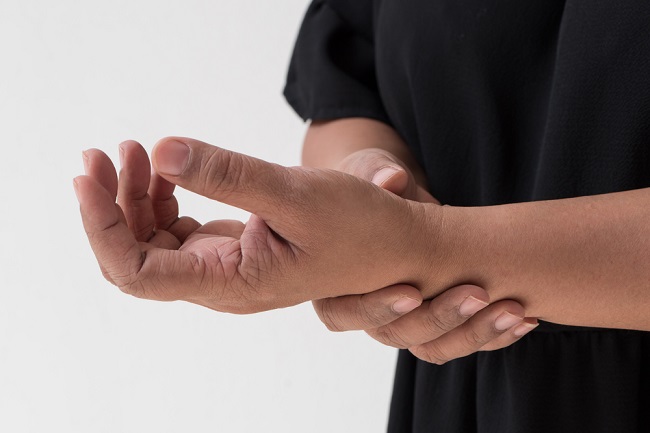Children have immune systems that are still developing, so their immune systems are not as strong as adults and are more susceptible to illness. Therefore, parents need to know how to protect their child from disease so that he does not get sick easily and his growth and development is not disturbed.
Children, especially toddlers, can get ARI or cold cough as much as 8-10 times a year. Not only ARI, there are also several other diseases that are quite often experienced by children, including sore throat and diarrhea.

If children are often sick, not only their activities can be disrupted, but also their growth and development. Therefore, parents need to know how to protect their children from disease.
Some Ways to Protect Children from Disease
So that children do not get sick easily, there are several ways that parents can do to protect their children from disease, namely:
1. Remind and familiarize children to wash their hands
Maintaining health can start from simple things, namely diligently washing hands. This good habit can be an effective way to protect children from various diseases.
Washing your hands regularly can prevent bacteria, viruses, and parasites that are on your hands from entering the body and causing infections.
Therefore, teach and remind your little one to wash their hands properly for at least 20 seconds with soap and running water. Use a mild soap that is safe for children. When finished, immediately dry his hands with a clean towel or tissue.
2. Complete the child's immunizations according to the schedule
Efforts to protect children from diseases caused by bacteria or viruses can be done by immunizing or giving vaccines.
Vaccines contain bacteria or viruses that have been killed or weakened so that they do not cause disease, but instead stimulate the body to produce an immune reaction. That way, when a child is attacked by actual germs, his body can immediately recognize and fight these germs.
3. Give children nutritious food
Providing nutritious food rich in vitamins, minerals, protein, carbohydrates, and healthy fats, including omega-3 fatty acids, can complement the nutritional needs of children. Some examples of nutritious intake that you can give your little one are fruit, vegetables, milk, eggs, fish, nuts, cereal, and wheat.
However, make sure to give your little one safe food for him. If your little one has an allergy to certain foods, you can replace those foods with other foods with the same nutritional content but don't trigger an allergic reaction in your little one's body.
4. Make sure the child's fluid needs are met
Sufficient fluid intake for your little one by giving him water. Mom and Dad can also give him milk, either in the form of breast milk, formula milk, or cow's milk. Besides being able to increase fluid intake, milk also contains calcium which is important for strengthening bones and teeth.
As a variation, Mom and Dad can give your little one pure fruit and vegetable juice without sugar. Avoid giving your child sugary drinks, including sodas and bottled juices, which are high in sugar or contain artificial sweeteners.
5. Invite children to exercise regularly
Instead of letting your little one watch television or play games all day at home, invite him to exercise. No need for strenuous exercise how come. Just walking or cycling for at least 10 minutes a day is enough to keep the body healthy.
Regular exercise can keep the child's body in shape and prevent children from obesity. In addition, several studies have shown that regular exercise can also strengthen children's immune systems and reduce the risk of children developing certain diseases, such as the flu.
6. Make sure your child gets enough sleep
Children who are sleep deprived can experience a decrease in their immune system so they are susceptible to disease. Therefore, Mom and Dad need to make sure your little one gets enough sleep every day. The following is a recommended bedtime for children based on their age:
- 0–3 months: 10–18 hours a day
- 4–11 months: 12–15 hours a day
- 1–2 years: 11–14 hours a day
- 3–5 years: 10–13 hours a day
- 6–13 years: 9–11 hours a day
In addition to doing the above methods to protect children from disease, parents also need to regularly check their children to the doctor to ensure their health is good, as well as monitor their growth and development.
During the consultation, Mother and Father can also ask the doctor about the type of good food to give to the Little One, whether or not it is necessary to give supplements, and how to stimulate the growth and development of the Little One so that it is optimal.









